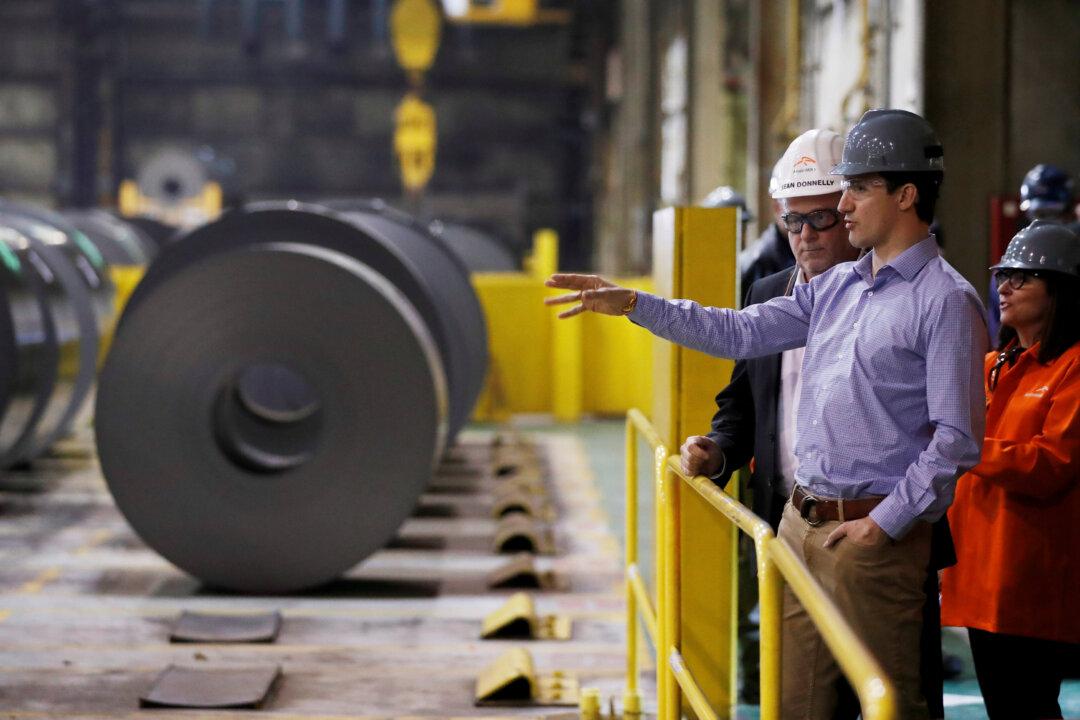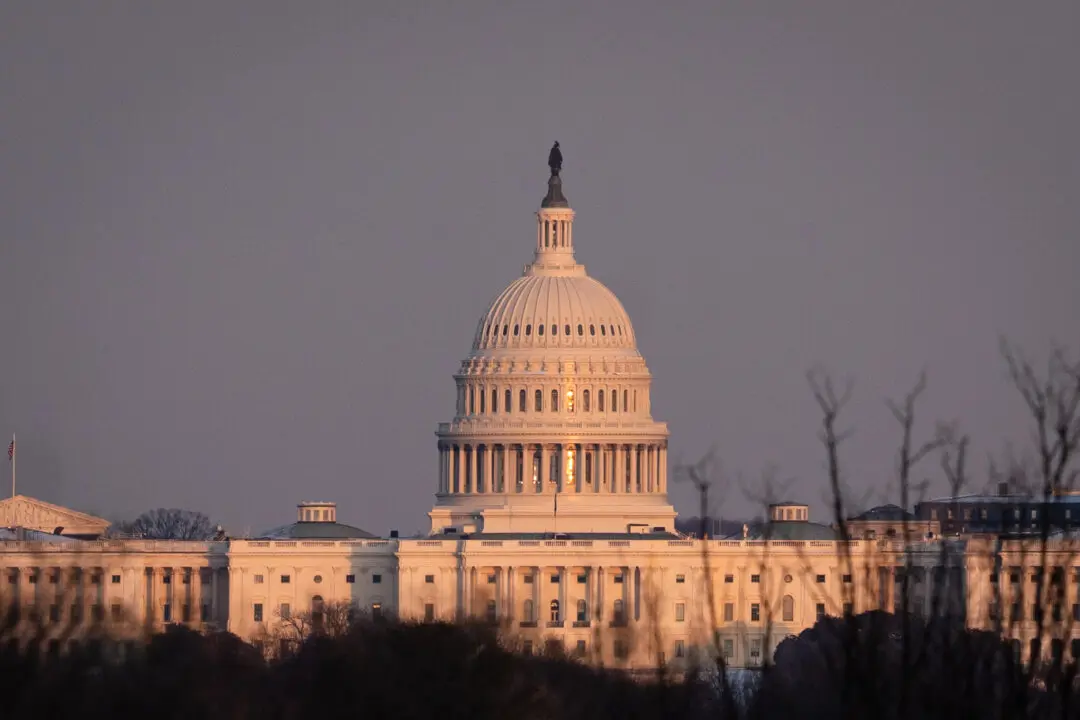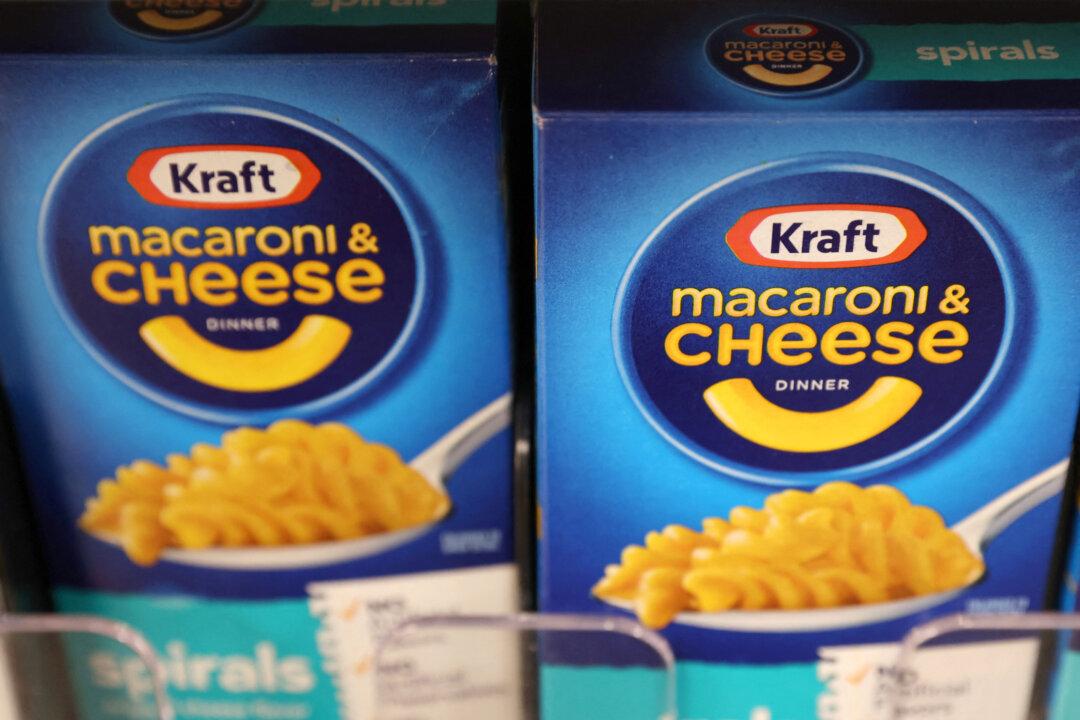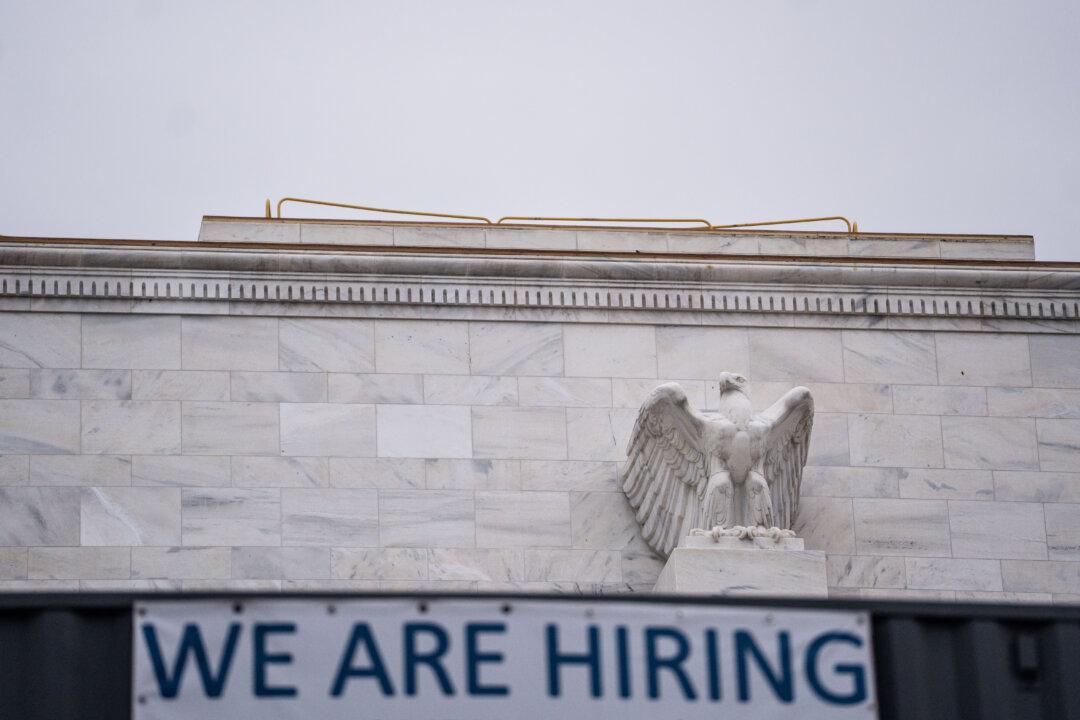President Donald Trump is preparing to unveil the next tool in his trade policy arsenal: reciprocal tariffs.
Speaking to reporters at the Oval Office on Feb. 10, the president highlighted the importance of reciprocal tariffs. If America’s trading partners are charging the United States higher tariffs, the current administration would adopt the same rate.





